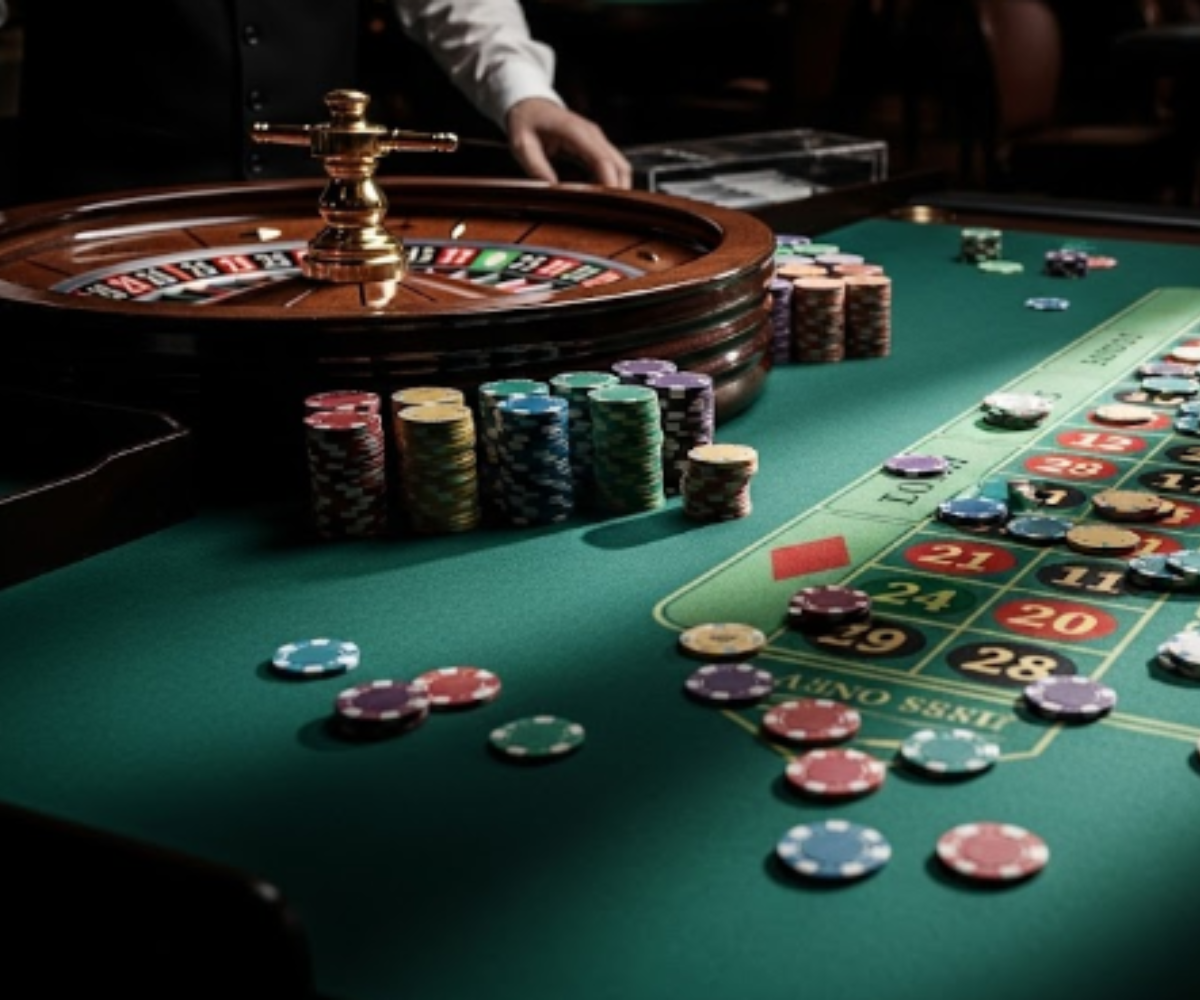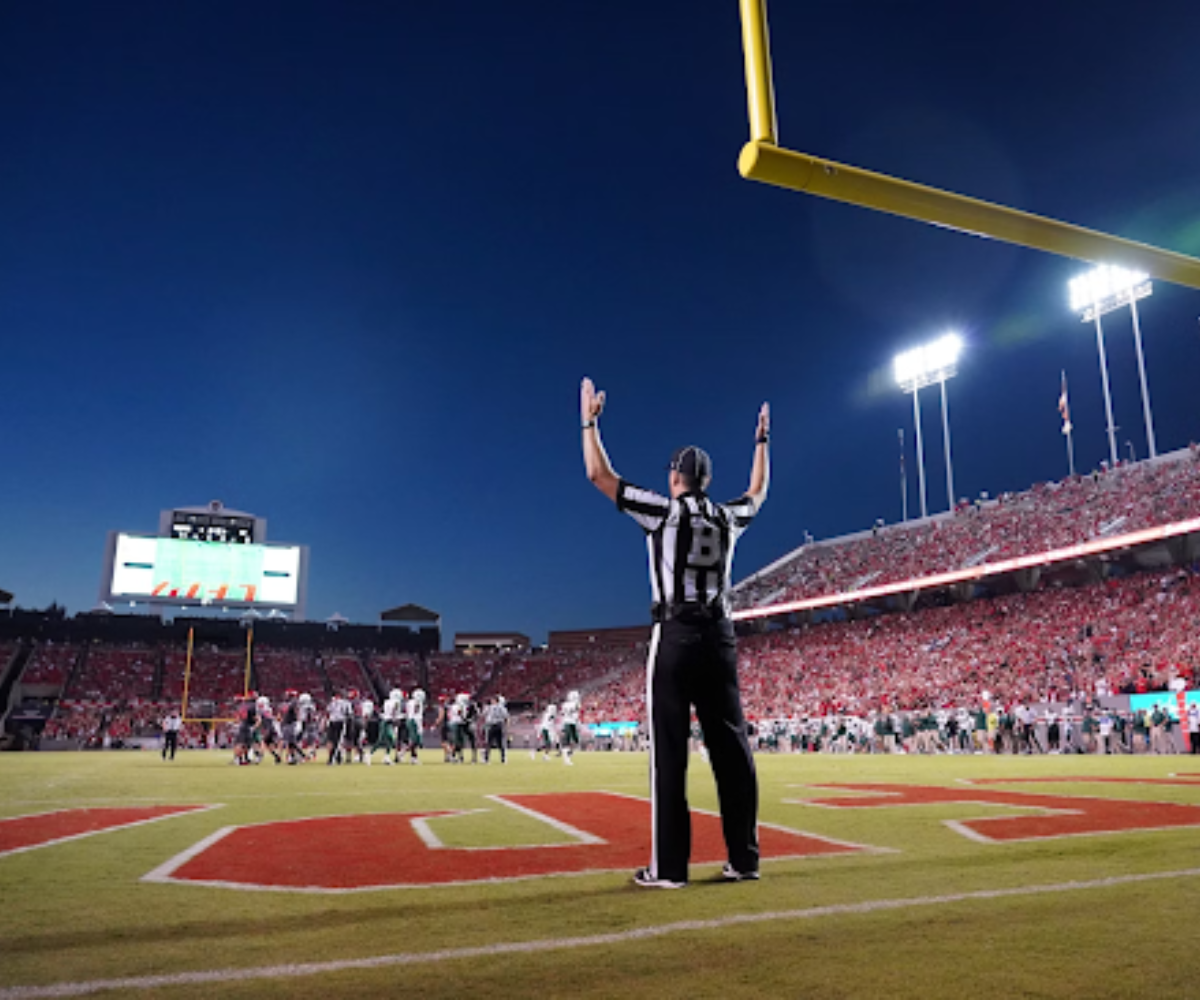Understanding how bookmakers set betting odds is crucial for anyone involved in sports betting. Odds are not just numbers on a page – they represent the probability of an event happening and are a tool used by bookmakers to ensure profitability. In Nigeria, as in other parts of the world, bookmakers use a combination of mathematical models, statistical analysis, and market factors to determine the odds for each bet. In this article, we will explore how bookmakers calculate odds, the factors that influence them, and the strategies they use to ensure they remain profitable.
The Basics of Betting Odds
At their core, betting odds reflect the probability of a particular outcome occurring in a sports event. For example, if a bookmaker gives a team odds of 2.00 (decimal odds), it means they believe the event has a 50% chance of happening. The odds indicate how much a bettor can win relative to their stake if the bet is successful.
Bookmakers use three main types of odds formats: decimal, fractional, and moneyline. In Nigeria, decimal odds are the most commonly used format. This format is simple to understand because it directly shows the potential return for every unit wagered. For example, if you place a bet of ₦1,000 at odds of 2.50, you would receive a total payout of ₦2,500 (₦1,000 x 2.50), which includes your initial stake.
How Bookmakers Calculate Odds
Bookmakers calculate odds using a combination of factors, including historical data, statistical models, and expert analysis. The primary aim of the bookmaker is to ensure they set the odds in a way that guarantees profitability, regardless of the outcome of the event. Here’s how the process typically works:
1. Assessing Probability: Bookmakers start by assessing the probability of different outcomes in a given sports event. This includes evaluating the teams or players involved, their current form, injuries, and other relevant factors. Statisticians and oddsmakers gather data from past performances, head-to-head statistics, and other variables that can influence the outcome.
2. Setting Initial Odds: Based on this assessment, the bookmaker sets initial odds for the event. These odds reflect the bookmaker’s view of the likelihood of each outcome. For example, in a football match between Team A and Team B, if Team A is considered the stronger side, their odds may be lower (reflecting a higher probability of winning), while Team B’s odds may be higher.
3. Adjusting Odds Based on Market Movement: Once the odds are set, bookmakers monitor how bettors are reacting to them. If a large number of bets are placed on one outcome, bookmakers may adjust the odds to attract bets on the other side, balancing the betting pool. This is done to ensure that the bookmaker is not overly exposed to one outcome and can make a profit regardless of the result.
4. Incorporating the Overround: Bookmakers add a margin, known as the overround, into the odds. This ensures that, over time, the bookmaker will make a profit, regardless of the outcome of individual bets. The overround is essentially a built-in profit margin that bookmakers incorporate into the odds. For example, if the true probability of a team winning is 50%, the bookmaker might set the odds slightly lower to ensure they have an edge. This margin varies depending on the bookmaker and the sport but is typically between 5-10%. By the way, if you are interested in cricket betting, we recommend checking out cricket match predictions here and finding out who will be the winner.
Factors That Influence Betting Odds
Several factors influence the odds bookmakers offer, and these can change dynamically as the event approaches or as new information becomes available. Some of the key factors include:
1. Team or Player Form: The current form of the teams or players involved is one of the most important factors. A team on a winning streak is likely to have lower odds, as bookmakers believe their chances of winning are higher. Conversely, a team with poor form or injuries may have higher odds.
2. Injuries and Suspensions: The absence of key players due to injury or suspension can have a significant impact on the odds. Bookmakers factor in these changes when adjusting the odds, as the outcome of the event may be affected by these absences.
3. Home Advantage: In many sports, the home team tends to perform better, and this is reflected in the odds. Bookmakers often give a slight edge to the home team, as they are considered more likely to win in familiar surroundings.
4. Public Betting Patterns: Bookmakers closely monitor betting patterns and adjust their odds accordingly. If too many bettors are placing wagers on one outcome, the bookmaker may adjust the odds to encourage betting on the other side. This helps to manage the risk and ensure that the bookmaker is not overexposed.
5. External Factors: External factors, such as weather conditions, referee decisions, and crowd influence, can also affect the odds. For example, a rainy day might affect the playing conditions in a football match, potentially reducing the chances of a high-scoring game. Bookmakers take these factors into account when adjusting odds.
How Bookmakers Ensure Profitability
Bookmakers are in the business of making money, and they use several strategies to ensure profitability. The most important strategy is the overround, which guarantees that the bookmaker has an edge over bettors. By setting the odds in such a way that the total probability of all possible outcomes exceeds 100%, bookmakers ensure that, on average, they will make a profit over time. By the way, if you are interested in the topic of the best sports betting sites in Nigeria, get bonuses and enjoy betting.
Additionally, bookmakers manage their risk by balancing their book. This means they aim to ensure that the total amount of money wagered on each side of a bet is as equal as possible. If one outcome receives disproportionately high betting volume, the bookmaker may adjust the odds to encourage betting on the other side, reducing their exposure.
Another method used by bookmakers to ensure profitability is setting limits. Bookmakers often set maximum bet limits on certain events, especially high-profile games or markets where they feel they are more vulnerable to large losses. This helps them maintain control over their liabilities.
Conclusion.
Understanding how bookmakers set odds is essential for anyone who wants to bet intelligently and responsibly. Bookmakers in Nigeria, like their counterparts around the world, use a combination of data analysis, statistical models, and market factors to calculate odds and ensure profitability. Bettors who understand how odds are set and what factors influence them can make more informed betting decisions, improving their chances of success. However, it’s important to remember that bookmakers always have an edge, and betting should be approached with caution and discipline.







%20(1200%20%C3%97%20232%20px)%20(9).png)











